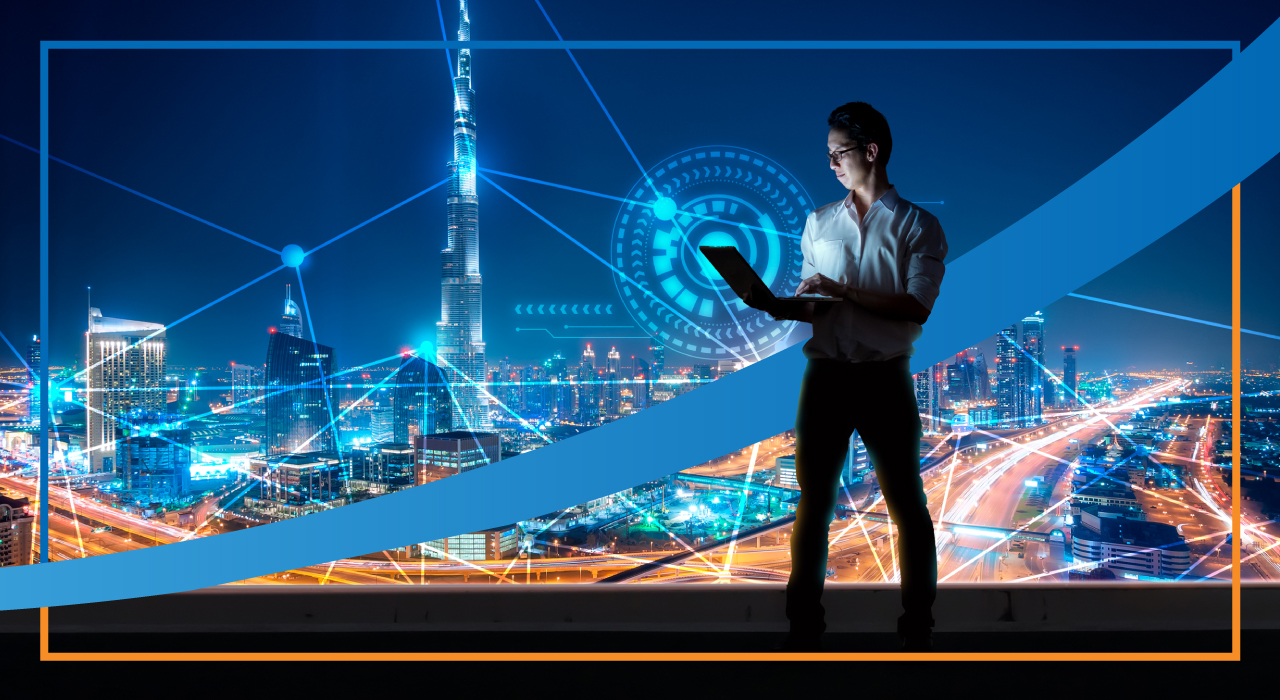Seamless Integration and Centralized Control
Smart home technology is moving beyond individual gadgets towards a more cohesive and intuitive experience. 2024 sees a strong emphasis on centralized control systems that effortlessly manage all your smart devices. This means fewer apps, simpler interfaces, and a more streamlined approach to controlling lighting, temperature, security, and entertainment. Think voice assistants seamlessly integrated with touchscreens and intuitive dashboards, providing a single point of control for your entire smart home ecosystem. Expect to see more systems incorporating AI to learn your preferences and automate routines even further, creating a truly personalized and hassle-free experience.
Energy Efficiency and Sustainability at the Forefront
With growing concerns about climate change and rising energy costs, sustainable smart home renovations are becoming increasingly popular. This year, homeowners are prioritizing energy-efficient appliances and smart devices that optimize energy consumption. Smart thermostats learning your habits and adjusting temperature accordingly, smart lighting that automatically dims or turns off when rooms are unoccupied, and energy monitoring systems that track your usage are key features in eco-conscious renovations. Renewable energy sources, such as solar panels integrated with smart energy management systems, are also becoming more accessible and affordable, making sustainable upgrades a realistic option for a wider range of homeowners.
Enhanced Home Security with Advanced Features
Security remains a top priority for homeowners, and smart home technology is evolving to meet those needs. Beyond basic smart locks and security cameras, we’re seeing more sophisticated security features integrated into renovations. This includes AI-powered surveillance systems capable of detecting threats and alerting authorities, smart doorbells with facial recognition, and integrated security systems that connect all your smart devices to offer a holistic approach to home protection. The emphasis is shifting from simply deterring intruders to proactive security measures that provide real-time monitoring and rapid response capabilities.
Smart Kitchens: The Heart of the Connected Home
The kitchen continues to be the focal point of many homes, and smart technology is rapidly transforming this space. 2024 sees a rise in smart appliances with integrated connectivity, allowing for precise control and monitoring of cooking processes. Smart refrigerators tracking inventory and suggesting recipes, smart ovens that preheat automatically, and connected dishwashers providing real-time status updates are all contributing to a more efficient and convenient culinary experience. Integration with voice assistants allows for hands-free control, particularly beneficial when multitasking in the kitchen.
Personalized Comfort and Wellness
Beyond basic functionality, smart home renovations are increasingly focused on personalized comfort and well-being. This involves creating environments that cater to individual needs and preferences. Smart lighting systems that adjust color temperature and intensity to promote relaxation or alertness, smart air purifiers that monitor and improve indoor air quality, and smart sleep systems that track and optimize sleep patterns are becoming increasingly integrated into home designs. This holistic approach to home automation aims to create healthier, more comfortable, and more personalized living spaces.
Voice Control and AI-Powered Automation
Voice assistants continue to be a central feature in smart home renovations, offering a hands-free and intuitive way to control devices. However, 2024 sees a shift towards more sophisticated voice control capabilities, including natural language processing and more contextual awareness. AI-powered automation is also playing a bigger role, enabling homes to learn user preferences and automate routines based on context. This means homes that anticipate your needs, adjust lighting and temperature proactively, and offer personalized recommendations, enhancing convenience and creating a truly intuitive living experience.
Smart Bathrooms: Enhancing Convenience and Hygiene
The bathroom is another space undergoing a significant transformation with smart technology. Beyond smart toilets and heated floors, we are seeing increased integration of smart mirrors with built-in displays providing information and entertainment. Smart shower systems that regulate water temperature and pressure precisely are becoming more prevalent, contributing to a more luxurious and comfortable bathing experience. Furthermore, smart lighting and ventilation systems help maintain optimal hygiene and prevent mold growth, enhancing both convenience and health.
Remote Monitoring and Management
The ability to monitor and manage your smart home remotely is becoming increasingly important. This allows homeowners to check on their home’s security, control appliances, and adjust settings from anywhere in the world. Improved app integration and user-friendly interfaces are making remote access more convenient and intuitive. This feature is particularly appealing for those who travel frequently, own vacation homes, or simply want the peace of mind knowing they can check on their home remotely.
Increased Focus on Data Privacy and Security
As smart homes become more interconnected, data privacy and security are becoming major concerns. Homeowners are becoming more aware of the data collected by their smart devices and are demanding greater transparency and control over their personal information. 2024 sees a growing focus on robust security protocols and encryption to protect sensitive data, along with clearer communication about data usage policies. Choosing reputable brands with strong security measures is crucial for ensuring the privacy and safety of your smart home system.
Accessibility and Inclusivity
Smart home technology is increasingly being designed with accessibility and inclusivity in mind. Features such as voice control, automated lighting, and customizable settings can significantly improve the lives of individuals with disabilities. Smart home systems can provide greater independence and convenience for elderly individuals or those with mobility challenges. This focus on accessibility is not just a trend but a vital aspect of responsible smart home design, ensuring technology benefits everyone. Visit here about home renovation advice












